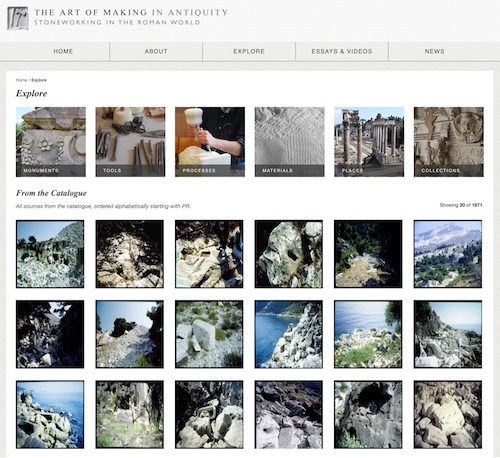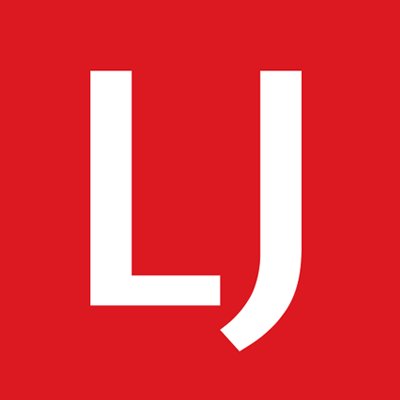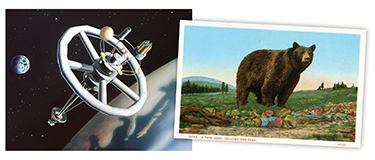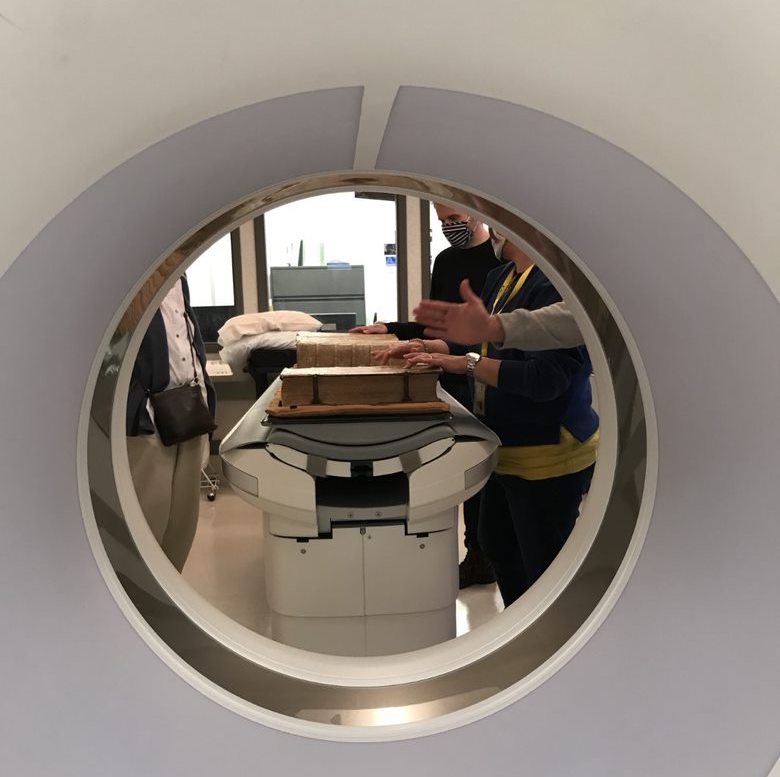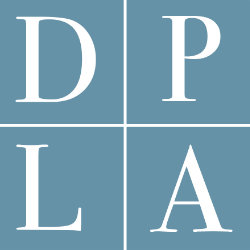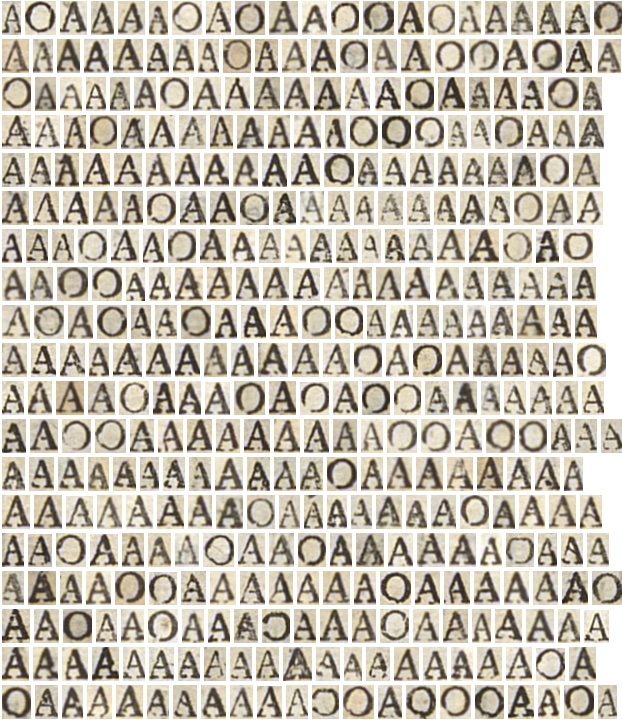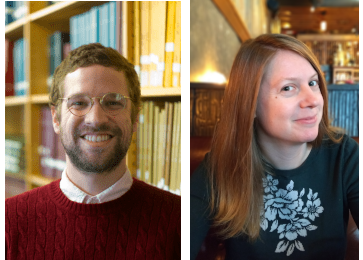Technology
As Lorcan Dempsey, formerly with OCLC, observed in portal: Libraries and the Academy (2008), “discovery happens elsewhere”—that is, people are using internet search engines, recommendations from social media, or emails from friends and colleagues to discover content. Search can be a powerful tool, provided you know what you are looking for. Yet there are significant problems associated with the search process.
Fifty-seven percent of academic libraries report that the use of audiovisual (AV) sources such as news reels, recordings, performances, and films have increased over the past three years—with 21 percent describing significantly increased usage—while only 15 percent say that use of these resources have decreased, according to Library Journal’s recent AV Primary Sources Survey of Academic Libraries, sponsored by AM, that netted 220 responses from academic librarians in the United States and Canada. Thirteen percent of respondents said that college and university students now prefer AV primary source materials, compared with 18 percent who prefer print and other archival primary source materials.
Digitization projects in Maryland, Montana, and Houston, TX, present a glimpse of current trends in digital archives, as state and city libraries work to create collections that reflect local and regional history.
Often, medieval book bindings—as many as one in five from the 15th and 16th centuries—are reinforced with fragments of pages from older printed volumes that bookbinders considered obsolete. Without the option of dismantling precious books to reveal the fragments, specialists turn to x-ray technology to reveal words that have been hidden from view for hundreds of years. A team at the University of Iowa recently used familiar medical technology—a computerized tomography (CT) scanner—to do just that.
John Bracken, Micah May, and Shaneé Yvette Willis discussed DPLA's new partnerships, recent projects, and the new Palace Project ebook platform during the “Digital Public Library of America: A Look Ahead” session at the American Library Association’s 2022 Annual Conference.
“Freedom and the Press before Freedom of the Press,” a digital humanities project based at Carnegie Mellon University (CMU), Pittsburgh, has received a $324,931 National Endowment for the Humanities Digital Humanities Advancement grant to develop a set of digital tools to analyze type and paper used in late 17th- and 18th-century English language works.
In 2021, the Annenberg School’s Library Archives accessioned the collection of Amy Siskind’s Weekly List website; however, the path to get there was complicated, and the final gift looked quite different from how it was conceived in the initial conversation.
During the American Library Association (ALA) Virtual Annual Meeting, Lauren Geiger, metadata librarian, and Emily D. Harrison, digital projects specialist, both from Mississippi State University Libraries, discussed how to ensure that accessibility in digital collections is not limited to discoverability.
When Slave Biographies: The Atlantic Database Network launched in 2011, it aggregated data on slavery and enslaved people from three scholarly sources. Nearly 10 years later, Enslaved.org: Peoples of the Historic Slave Trade—built on the original project and using linked open data technology for a new, more comprehensive iteration—launched in December 2020.
ALREADY A SUBSCRIBER? LOG IN
We are currently offering this content for free. Sign up now to activate your personal profile, where you can save articles for future viewing
